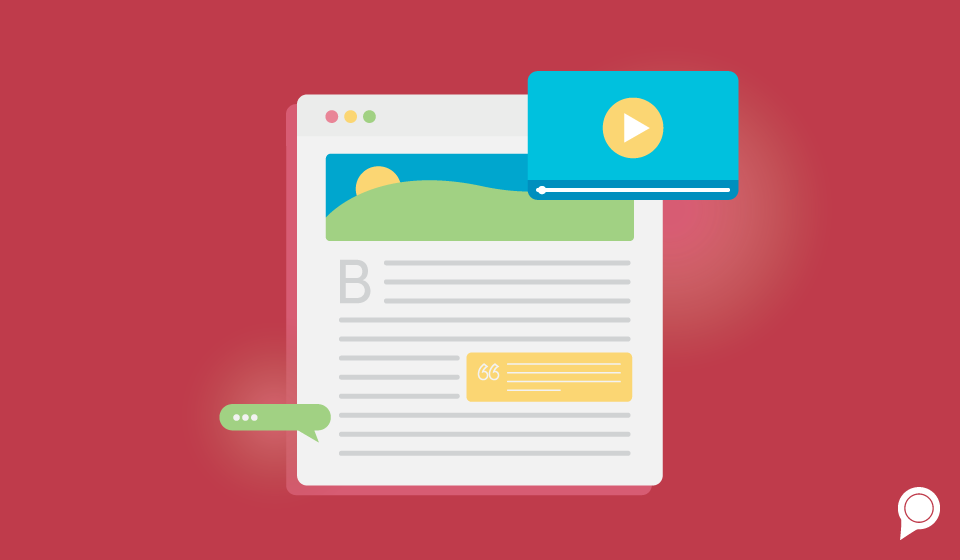

Before you start a blog, it's important to define your goals. What do you want to achieve with your blog? Are you looking to generate more leads, increase website traffic, or establish your brand as an authority in your industry? Once you've defined your goals, you can start planning your blog content and strategy accordingly.
Next, you'll need to choose a platform for your blog. There are several options available, including WordPress, Squarespace, and Wix. WordPress is a popular choice because it's easy to use, customizable, and has a large community of users and developers. It's also SEO-friendly, which means your blog is more likely to rank well in search engine results.
Your domain name is the address of your website, and it's an important part of your brand identity. Choose a domain name that's easy to remember, relevant to your business, and reflects your brand. Once you've chosen your domain name, you'll need to register it with a domain registrar like GoDaddy or Namecheap.
A web host is a service that stores your website files and makes them accessible to visitors. There are many web hosting services available, and the right choice depends on your budget and needs. Some popular options include Bluehost, SiteGround, and WP Engine.
Now that you've chosen a platform, domain name, and web host, it's time to set up your blog. This involves installing WordPress (if you're using it), choosing a theme, and customizing your blog's design. You'll also need to create your first blog post and set up your blog's navigation and categories.
Your blog's success depends on the quality and relevance of your content. Plan your content strategy by identifying topics that are relevant to your audience and align with your business goals. Use keyword research tools like Google Keyword Planner to identify relevant keywords and phrases that you can target in your content.
Optimizing your blog content for search engines is critical if you want to attract more visitors and rank higher in search engine results. Some SEO best practices include using relevant keywords in your blog titles and content, optimizing your images with alt tags, and building high-quality backlinks to your blog.
Promoting your blog is just as important as creating great content. Share your blog posts on social media, email newsletters, and other channels to reach a wider audience. Consider partnering with other businesses or influencers in your industry to amplify your reach.
Starting a blog for your business takes time and effort, but it's worth it if you're committed to building your brand and connecting with your audience. By following these steps and optimizing your content for SEO, you'll be well on your way to creating a successful business blog.
A blog is just one important part of creating an effective digital marketing strategy. RevLocal handles digital marketing for small businesses and multi location brands. To learn more about our services, contact us for a free consultation!
Subscribe to our email list to get the latest digital marketing content delivered to your inbox each week!